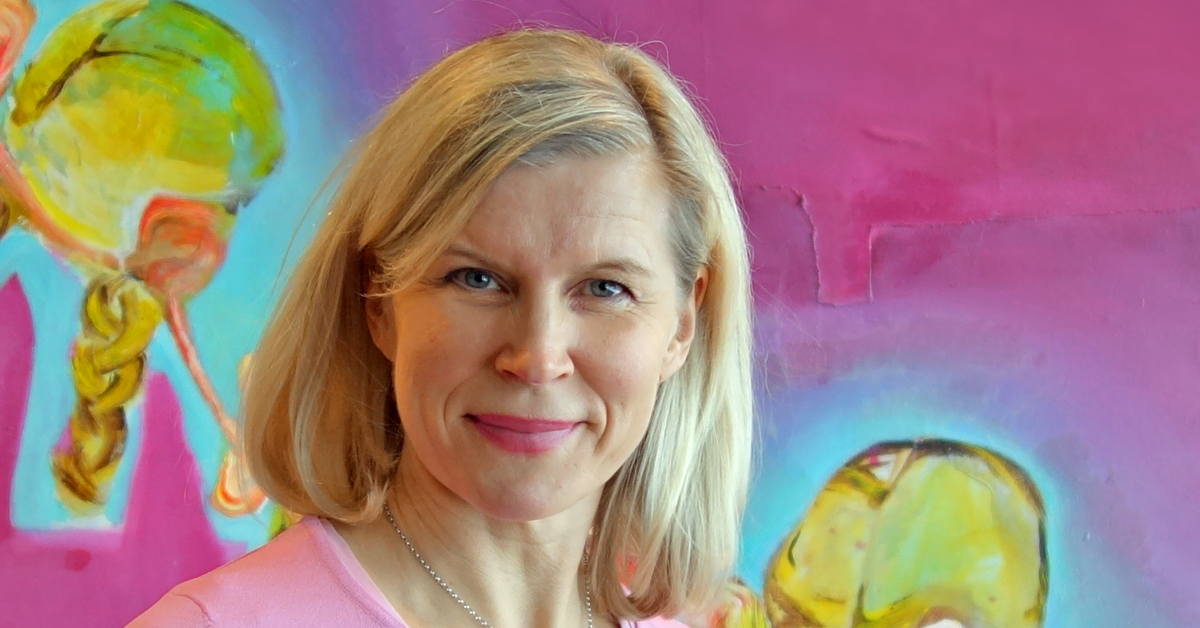
The main focus of responsible leadership is on the role of different stakeholders in decision making rather than on the leader himself or herself. In other words, for example the needs and concerns of employees, present and potential customers and partners, public organizations and communities in the business environment will be considered.
One of the main ideas of responsible leadership is, by making use of this wider focus, to be able to adapt successfully to changing contexts. Responsible leadership aims also at advancing sustainable development as a common societal good through the stakeholder-driven focus.
When adopting and advancing responsible leadership, a company must maintain a broad enough perspective. In practice, the first step is to take the “strong-team” viewpoint instead of the “strong leader” viewpoint. One problem is that people are still often expecting for a strong person to lead them and the company. Therefore, a responsible leader may actually find himself or herself defending the broader stakeholder-driven approach, while still also fighting for customers, turnover and financial results.
How to deal with this dilemma, while shaping the leader and the whole company towards responsibility, in practice? First, becoming a responsible leader presupposes personal influence and flexibility – one needs to practice what is prayed, by both believing and acting. Typically, this is a maturing process to understand the business in a societal context, which will result in new ways of doing things.
Ultimately, however, it is not that important how individuals reach responsible leadership, but how responsibility becomes part of their being. Responsible leaders are often both mature and youthful, what comes to everyday leadership matters and entirely new things – and this does not depend on their age. Moreover, a responsible leader can come from almost any background.
What is essential is to shift the focus from an individual leader to his or her relations for coping with change. On one hand, it is recognized that more and more businesses knowledge-based and involve various parties. On the other hand, many organizational and business change programs have seen to fail, because all the relevant stakeholders have not been involved or sometimes even informed.
There is a synergy between responsible leadership and change initiatives. Responsibility is about what motivates people and how they approach change. In particular, responsible leaders consider change as a learning process in which they want to be involved together with others. By so doing they aim at balancing stakeholder needs with business processes and targets.
Individuals are motivated to adopt responsibility through their own personal and professional narratives, which is an opportunity for companies and goes much beyond responsibility practiced by greenwashing through media. Therefore, responsibility is also about language. A favorable narrative environment for it addresses who the stakeholders are, what roles they play and how they contribute to the common societal good. This includes also a link back to the maturity of the responsible leader: stepping away from one’s own business speech and looking deeper at the context and relations around.
Dr. Anne Keränen, Martti Ahtisaari Institute
Anne.Keranen[at]oulu.fi
Based on an article published in Global Responsibility, The GRLI Partner Magazine, no. 14, 2016




